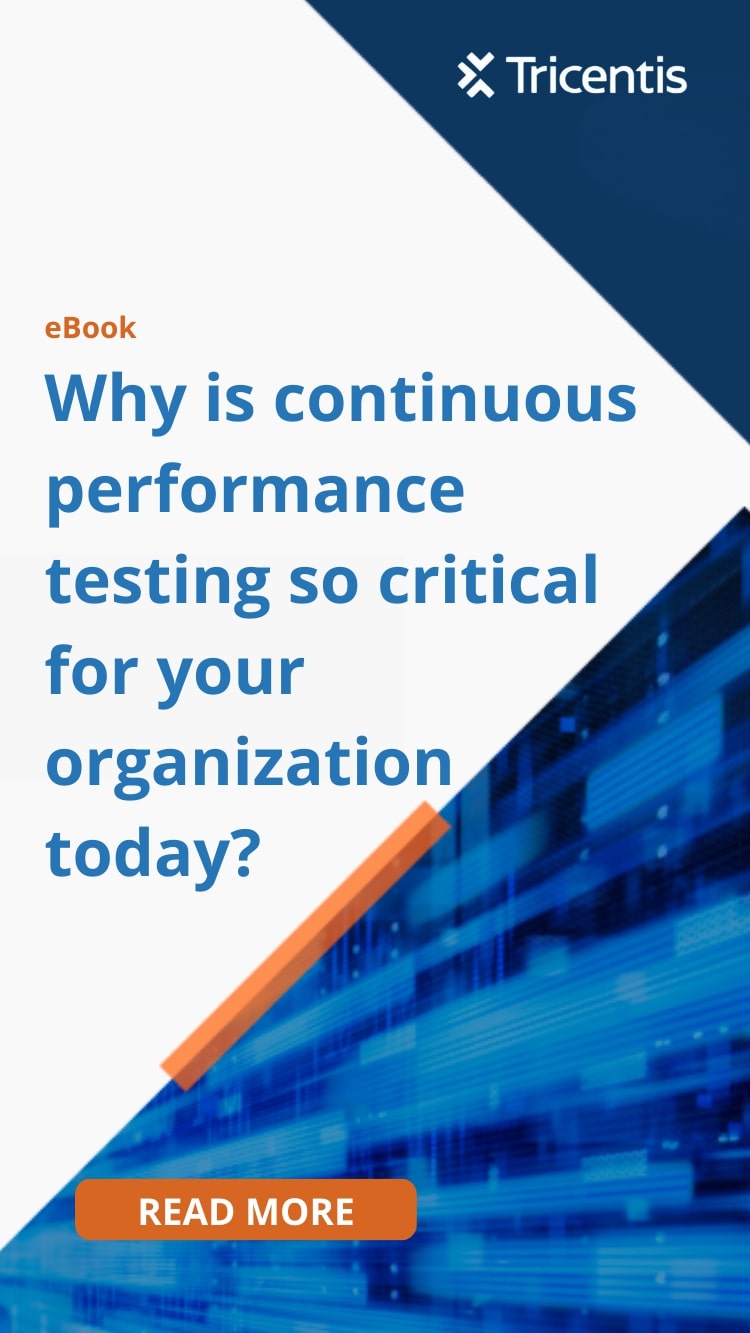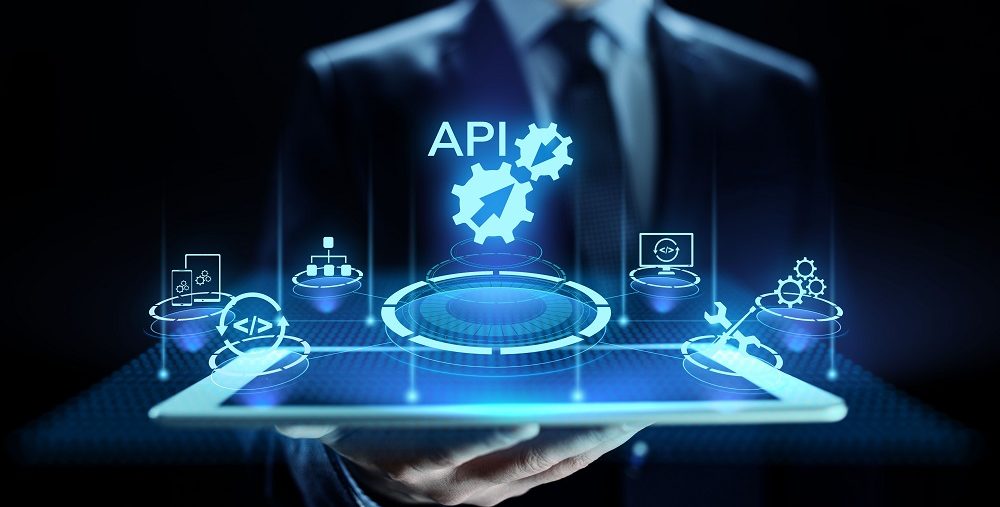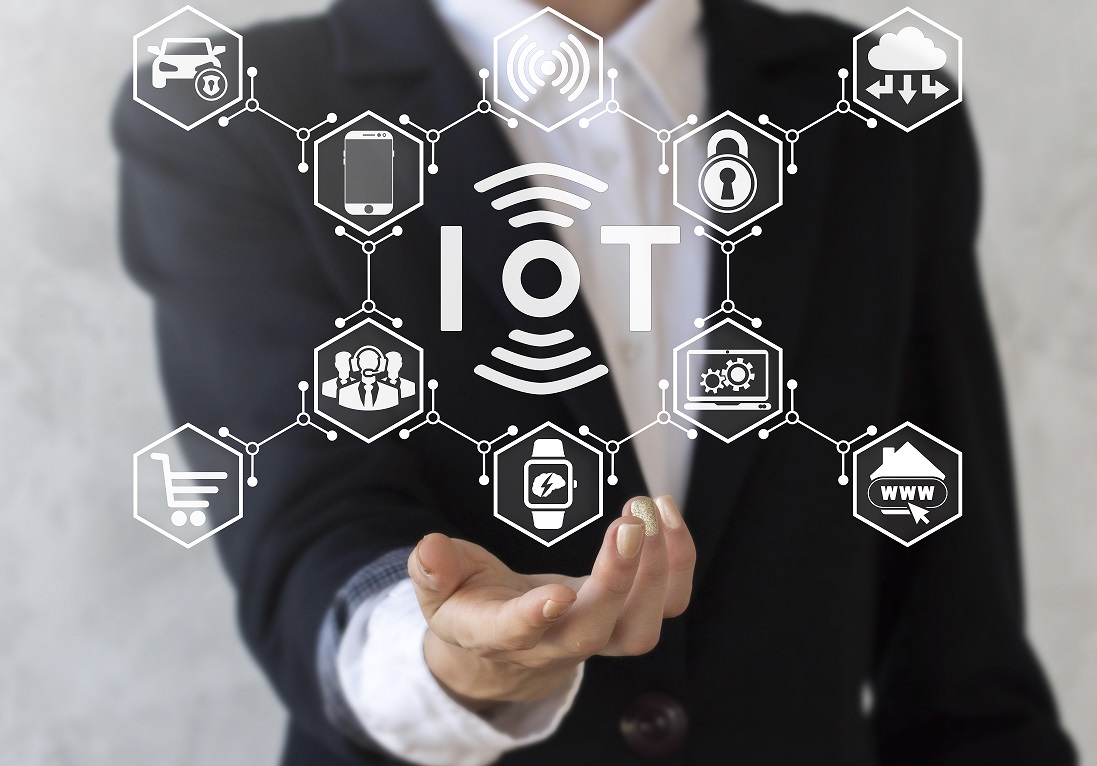The CIO is already a vital cog in the post-pandemic digitally-driven enterprise. By 2025, CIOs will play a more strategic role than they do today. Enterprises will rely on the CIOs to harness technology as critical competitive weapons.
1. Taking the lead in digital transformation
CIOs have taken the lead in rolling out digital transformation. Successful CIOs will continue to drive transformative approaches.
By 2025, most of the emerging technologies discussed today, including AI, IoT, 5G, and blockchain, will become mainstream. The first generation of commercial devices based on quantum computing would also have arrived. These technologies will unlock new products, services, and business lines. Smart CIOs will leverage such advanced technologies to develop innovative products and services. Increasing competition will also force them to focus on interventions that boost efficiency.
Some possibilities in 2025, as visualised now, include:
- 5G-enabled smart factories, smart homes, and autonomous vehicles.
- Simulation of complex chemical reactions for drug development and better automotive catalysts. These industries will move from trial and error to precision testing and shorten R&D life cycles.
- Real-time edge-computing services
- More powerful apps that harness the power of Artificial Intelligence and Machine Learning
- More investments in robotic process automation (RPA), especially for back-office processes
- Customer-facing chatbots that provide a human-like conversational experience.
Today, 25% of CIOs consider Artificial Intelligence (AI) as their top priority. 60% consider AI and Machine Learning critical for business success over the next five years.
CIOs expect maximum impact in product design and development, and in boosting the time-to-market of new products.
2. Herald change
Digital transformation is impossible without change. Industry 4.0 brings about significant disruption. The external environment, including customer preferences and business paradigms, changes often. In five years, CIOs will become the primary change agents of their enterprises.
CIOs will take the lead to
- Understand the capabilities and gaps of their enterprises and build capacity methodologically. Successful CIOs pace their change and growth plan after studying market conditions.
- Promote innovation. 60% of CIOs expect to lead their enterprise’s innovation efforts within the next five years.
- Force-change the enterprise culture to make enterprises more data-driven and transparent. The success of digitization depends on eradicating data silos and making data accessible.
- Success depends on the ability of the CIO to explain the benefits of new technology strategies in plain business language.
3. Involve more closely in the business
The role of the CIO will grow beyond technology implementation. Enterprises look on the CIOs to
- Architect new business models. By 2025, money-making initiatives will become a standard part of the CIO’s role. CIOs will also find their compensation linked to how they achieve business KPIs and growth.
- Forge close relationships with operating and marketing managers, to apply enterprise data.
- Strike partnerships and alliances to take the business forward. CIOs identify competent vendors who align with the enterprise vision. They build partnerships within the enterprise and with vendors to drive innovation forward.
- Influence key decision-makers to allocate budgets and support digital transformation.
A Forbes-Insight survey reveals that 66% of CIOs expect to be key decision-makers for corporate strategy in their enterprises by 2025. Six out of ten CIOs expect to have a seat on the board of directors of their company.

4. Adopt a more people-centric role
The talent crunch plaguing IT and other industries for over a decade has become very acute.
CIOs will have greater involvement in corporate HR activities over the next five years. The key thrust areas will be recruitment, training, and performance management.
Effective CIOs work with the HR team to identify strategies to overcome the crippling talent crunch. They will collaborate with HR to:
- Hire top-notch talent
- Develop targeted training and developmental initiatives that upgrade the skills of existing staff
- Help the rank-and-file employees develop new skills to cope with emerging technologies.
CIOs will also have to manage the impact of technology on employees. With AI taking over routine and repetitive work, employees do more demanding and complex jobs.
5. Keeping track of regulations and safeguards
Data is a double-edged sword. It offers great potential and unlocks innovation. But decisions based on data can have unintended consequences that cause great harm. CIOs now have the added responsibility of data management.
A key thrust area for CIOs in the immediate future is avoiding algorithmic bias. Training data with normal, yet faulty data causes unintended discrimination. Solutions include developing strong data governance policies and cleansing the data.
The increasing use of data comes with more legislation safeguarding personal information. Enterprises will rely on CIOs to increase data security and meet compliance mandates. CIOs must keep a close watch on regulations such as the
- EU’s General Data Protection Regulation (GDPR)
- California’s Consumer Privacy Act
These regulations impose extensive rules on data use and heavy fines for security breaches.
CIOs also become responsible for newer cyber defence responses, such as
- Managing the growing number of application programming Interfaces (APIs).
- Encrypting the data in transit.
- Implement data access rights to keep critical data safe, even while promoting openness.
84% of CIOs believe the Internet needs an overhaul to control cyber risk. Most of them will take the initiative to change the Internet in ways unimagined now.
Here is a review if today’s cyber security is meeting demands, and what needs to change.
6. Socially Responsive Role
Enterprises are more socially responsible than ever before. Conscious customers who prefer to engage with responsible companies force the change. Top leaders, such as the CIO, must also become accountable to impress such customers.
A key area of social responsibility is care for the environment. The IT sector is a huge energy guzzler. Greenpeace estimates IT companies account for 7% of world electricity consumption. The proportion will rise to 13% by 2030. Energy-conscious CIOs will promote clean power in a big way. They do so by:
- Moving more workloads to the cloud. Carbon emissions associated with the Microsoft cloud are 98% lower than those produced by on-premise data centres.
- Switching to renewable energy. Many big corporations already run on 100% renewable energy.
- Invest in smart homes and smart offices to further reduce energy consumption.
CIOs also will involve themselves more in projects that involve social causes. They may, for instance, offer technical expertise to start-ups for projects with a social cause.
Another big focus is on bridging the digital divide, especially in education.
CIOs cutting across enterprises are at crossroads. They wage a multi-pronged battle. They struggle against ageing legacy systems and long-standing data issues. Side-by-side, they have to develop strategies that leverage new, powerful technologies. Those who navigate the choppy waters with skill and foresight will guide their companies to new heights of success. Those who ignore the trends and continue doing business as usual will drag their companies down into obsolescence.












